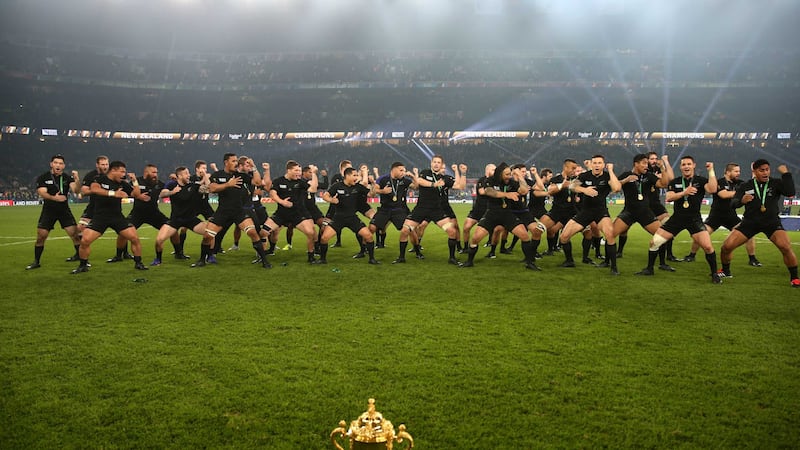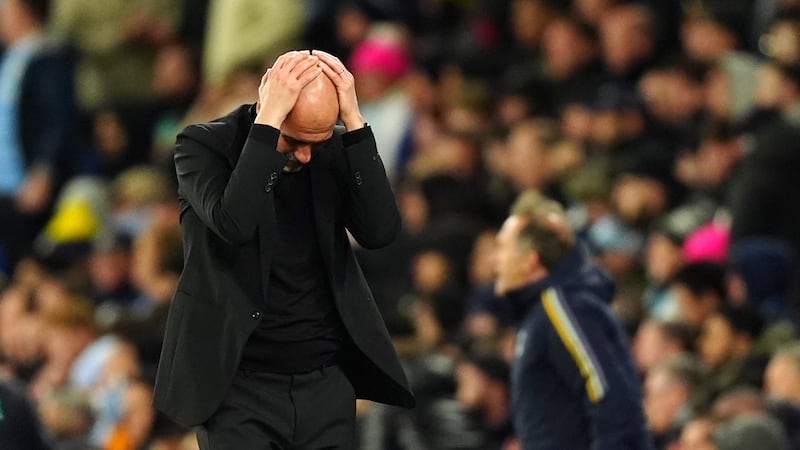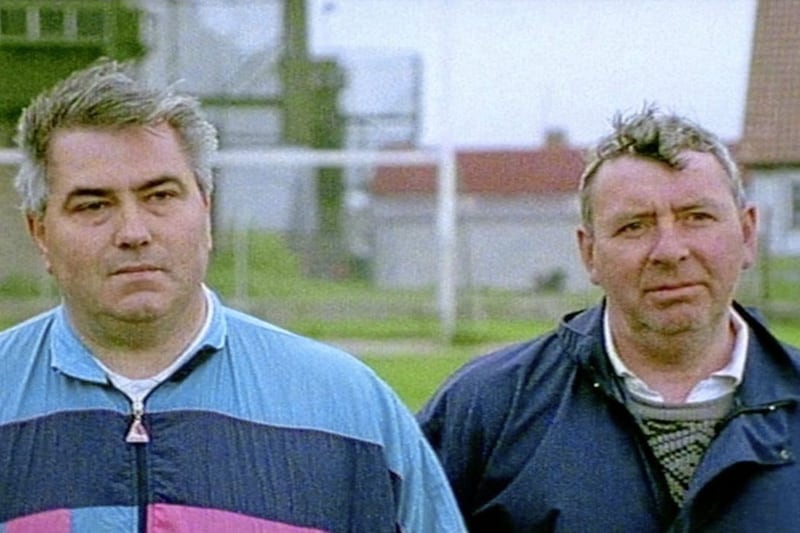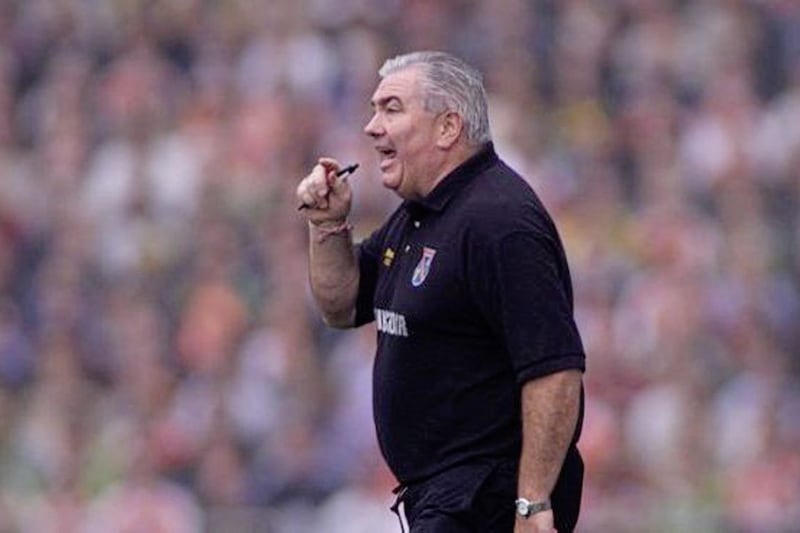‘Any success should not be attributed to me alone; it was the work of us all.' Maori proverb
THE world of sport seems to have been slipping into a quagmire of deceit and dishonesty in the last few years. Words like honour and integrity, values that the sporting world was rumoured to represent, were being replaced with duplicity and treachery on so many levels, in so many various arenas.
Although there was always suspicion and scepticism for many years, including some from our own country, I feel it was Lance Armstrong who opened the floodgates and there has been an absolute deluge of accusation and deception since. Armstrong was an icon and a role model for so many with his remarkable life story. People who looked up to him from all walks of life genuinely felt cheated when it transpired that it was all built around a falsehood of drug-taking and cheating.
The absolute carnage that is Fifa at the minute sees world soccer tarnished with many accusations of bribery and corruption. And on top of that, the world of athletics has, as expected, been hit by a torrent of drug-taking accusations, centring on Russia. You begin to question if there is any honour left in sport. However, while that might be a somewhat depressing start to my weekly ray of sunshine, all is not yet lost.
After being a sort of ‘dip-in and dip-out’ supporter of rugby union, I can’t help but feel the recent World Cup and, in particular, one team has restored some of my belief that sport is still something that can be an inspiration to many. I speak, of course, about the All Blacks, who became the eventual winners of a quite brilliant tournament, but my admiration for the New Zealanders goes far beyond their obvious talent and sporting prowess.
My twin sister (yes, there are two of us) recently gave me a book she got on a course on leadership called Legacy. The book concentrates on the secrets of success and sustained success. The only reason she thought I would be interested in it was because it delves into the ethics and principles of the All Blacks and how they can teach us about the business of life.
I started reading it, coincidentally, about the same time as the Rugby World Cup and have since become a huge fan of all that Richie McCaw and his counterparts stand for, both on and off the field. The great advantage of reading it while I saw them in action is that I got a genuine feeling that all the book was trying to tell me about the consecutive world champions was actually authentic, unlike most books you read nowadays.
The Maori word for treasure is taonga. The black jersey with its silver fern is looked upon as an absolute treasure for any man to be afforded the opportunity to wear and the All Blacks look upon it earnestly as the greatest honour possible.
New Zealand played Wales in Dunedin in 2010 and, after an emphatic win, the dressing room, which the All Blacks call the sheds, was full of journalists, politicians, sponsors and family. After a while, the manager Darren Shand asked for the room to be cleared and they debriefed about the game and congratulated Richie McCaw on being the most successful All Black captain in history as this was his 91st cap.
Nothing remarkable about all of that and I suppose it replicates most dressing rooms in most team sports around the world. That is until something very special happens, something that singles these men out as unique. Richie McCaw and another very high-profile player lifted two long-handed brooms and began sweeping out the sheds. So while the world is watching replays of a great victory, underneath the stadium two of the most famous names in world rugby are tidying up after themselves. The mantra being ‘no-one looks after the All Blacks, but the All Blacks look after themselves’.
Andrew Mehrtens, the second highest All Blacks point scorer of all time, says it teaches you humility and not to expect things to be handed to you. There are no individuals in the All Blacks team, as is seen by the fact they all wear the same boots, unlike most teams, who have an array of multi-coloured sponsorship deals. And as the world media begged for McCaw to announce his retirement live on TV after the final, on the biggest stage possible, he decided to ignore the subject so he wouldn’t take away from their epic win.
Sonny Bill Williams further enhanced their status by giving away his winner’s medal to a 15-year-old boy who was unceremoniously tackled to the ground by an English steward for daring to enter the Twickenham pitch. A wag watching the game beside me said that was the best tackle an Englishman made throughout the whole tournament. Williams got criticised in some quarters for his gesture, which goes to show the narrow-mindedness of certain people when you see one of the most selfless and uplifting actions, an act that epitomises all that is good about sport.
I remember, years ago, a high-ranking GAA official ridiculing the game of rugby as chasing a busted pig’s bladder around a pitch and, yet, we could learn some very valuable lessons from it. Like respect for referees and the fact that everyone, including the bag-man and backroom team, gets a winner’s medal as they are part of the whole equation and everyone is valued.
The All Blacks build their ethos around humility and authenticity, which is so rare in sport yet could provide the platform for so many more success stories should other sports, and their respective stars, follow a more honest and humble path.







